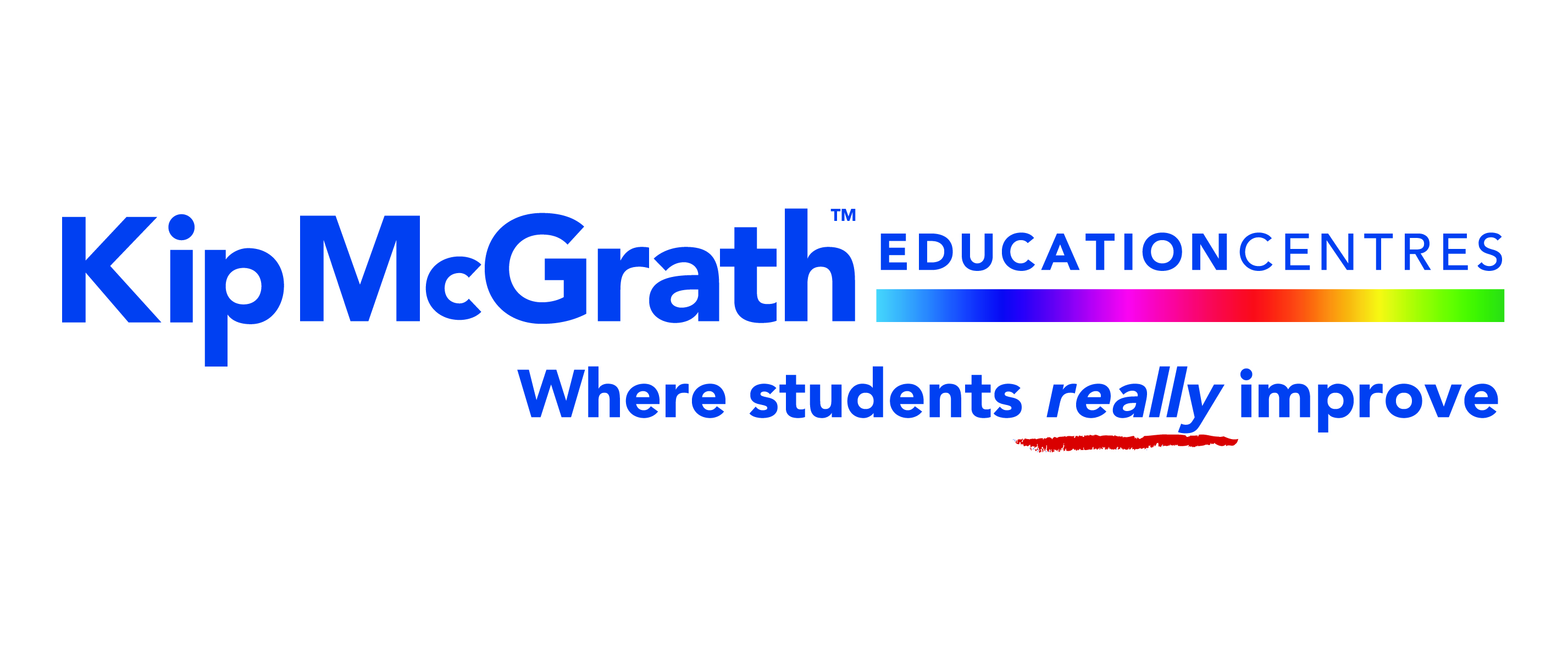Double dipping – ‘The Middle Years’ Phenomenon
Research shows that dips in pupil performance are evident in Yr 3 and Yr 4 and in Yr8 – ‘the middle years phenomenon’. This decline in progress is often accompanied by a loss of enjoyment of school and a fall in motivation.
Year 3 marks the cross over between KS1 and KS2 where pupils have to adjust to a new set of learning demands. Yr 3 pupils interviewed as part of a research investigation gave their views:
“The thing I don’t like about one of my lessons is the maths because we always have to do complicated things and it’s a bit awkward”
“Sometimes I don’t like English because bits of it are too hard – everyday it gets a tiny bit harder. There’s to much writing”
“Now we’re juniors, we have to call our speech marks just actual speech marks now and in infants we could call then 66 or 99’s but we have to use the proper word now”.
Many Yr 3 pupils find the learning curve too steep and become daunted by sustained pieces of writing and more challenging mathematical concepts. Less confident learners can easily lose ground in the face of new expectations about both the quality and quantity of their work. Some pupils, at this early stage in their school lives, will already begin to see learning as a struggle.
As Woods sums up in Children and Their Primary Schools
“Life chances are constructed for many people in the early years . . .The 7 – 8 age group is a crucial one in the development of these attitudes, abilities and relationships that go into the making of educational success at that level. In this sense the transition is not only of infant to junior. Like joined up writing an the second set of teeth, there are other ultimates here, and they lay down the means for the next transfer to secondary and indeed for later life”
Ofsted have voiced considerable concern regarding the Year 8 dip. Yr 7 is all about settling in and the novelty of new subjects taught in different classes. Yr 9 is all about choosing options and preparing for GCSE’s. But what is Yr 8 all about? Nothing really happens in Yr 8 – a no milestone year according to many pupils interviewed. Indeed, in the profession Yr 8 has been called the “nothing year”. There are no ‘important exams’ to sit and still another year before having to pick options. Many pupils do not appreciate that working hard and keeping ahead during Yr8 will have considerable pay offs later. Complacency all too often sets in – and this helps to explain the considerable dip in progress.
Yr 8 IS NOT the year to slack off. It simply makes yr 9 an uphill struggle to achieve the levels required for moving on to GCSE courses.


Reblogged this on kipmcgrathurmston and commented:
A very interesting blog from our colleagues in Ashford. Having taught extensively in Primary I recognise this phenomenon well!
While this is only anecdotal, my experience over the last 20 years in high schools is that the Year 8 dip can lead to behaviour issues. These are often only minor but can add up and further disrupt teaching and learning.
Hi Bill, you’re anecdotal evidence is similar to mine. I taught 14 years in high schools and found the same. Pupils and teachers were conditioned to the importance of Year7 in getting good foundations, Year9 was about SAT’s and Year8 just seemed to drift by.